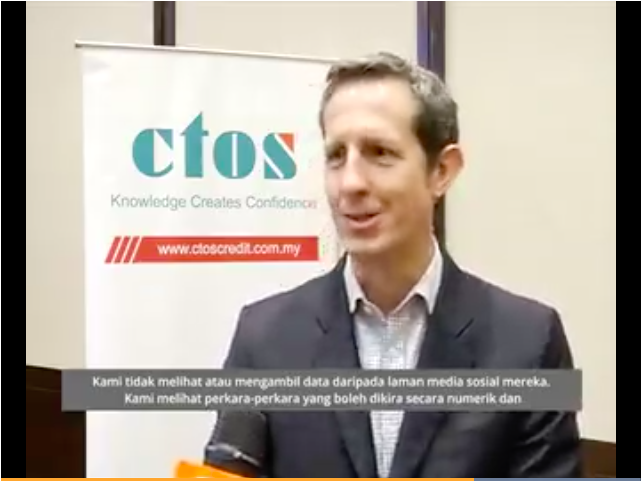Note: This is a new and improved version of a popular post from last year.
Our unique platform has a big reason to live: we provide fast, affordable and convenient financial products for more than 1 billion people worldwide. And there is only one way to accomplish that: by facilitating more actionable, predictive, robust and transparent information to our clients to enable them to make the best possible lending decisions. However, data quality pose the most challenging problem we have faced along this journey as it threatens the predictive power we are delivering to our clients. Therefore, through the years we have developed and perfected a one-of-its-kind way to assess the quality of the data applicants are supplying: Score Confidence.
What exactly is Score Confidence?
Score Confidence is a tailored algorithm that scans and analyzes psychometric information gathered through LenddoEFL's Credit Assessment to generate a Green or Red flag which reflects how confident we are on our score’s ability to represent an applicant’s risk profile:
- The result will be Green if LenddoEFL is confident in the data quality such that we will generate and share a score based on it.
- Conversely, the outcome will be Red when LenddoEFL’s confidence in the gathered information has been undermined.
What does Score Confidence measure?
Once the applicant has taken our psychometric assessment, we put the data through our Score Confidence algorithm to find out whether we can be confident in a score generated using this data or not. We will return a Green Score Confidence flag if we believe the score accurately predicts risk, and also be transparent about the reasons behind a Red Score Confidence flag to empower our partners with increased visibility and actionable information.
LenddoEFL's Score Confidence system is comprised of five Confidence Indicators of key behaviors, each generated from a combination of different data sources. If we identify evidence of any of the following behaviours, the assessment will be rated as Red and no risk score will be returned in order to protect our partners:
- Independence – the assessment has not been completed independently, and LenddoEFL detects attempts to improve one’s responses with either the help of a third party or other supporting resources.
- Effort – the applicant has not put forth adequate effort and attention in completing the assessment.
- Completion – the applicant has not responded to a sufficient portion of the timed elements of the assessment.
- Scoring error – a connection issue or system error occurred and LenddoEFL is unable to generate a score.
What information feeds Score Confidence?
Our data quality indicators are constantly reviewed and updated and, over the years, we have added new and different data sources to our Score Confidence algorithms:
- Browser and device metadata surrounding the completion of the application
- User interaction information with LenddoEFL’s behavioural modules
- Self-reported demographic data
Our Score Confidence system flexibly combines all the available data in order to return a Red or Green status for each application.
How does Score Confidence help our partners make the best possible lending decisions?
To boost the predictive power we can deliver for our clients, LenddoEFL does not share a LenddoEFL score for applicants with a Red Score Confidence flag as we have learned that Red applications tend to have very limited predictive power whereas data coming from Green flagged assessments can effectively sort risk amongst applicants. Therefore, not lending against a score for Red flagged applications boosts the predictive benefit for our clients.








